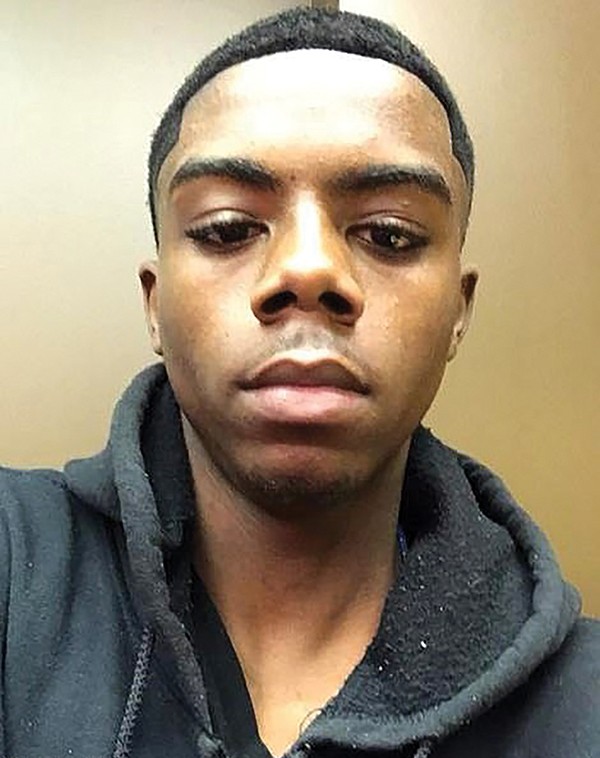As noted elsewhere in this issue, the major local news of late has focused on the tragic death in Frayser of young Brandon Webber at the hands of U.S. Marshals, followed by an immediate and widespread community reaction to the presence of law enforcement officers dispatched to the scene for crowd control.
The fact that in the ongoing mayhem of that confrontation numerous officers were injured by thrown objects was alarming in its own right. Along with the precipitating incident — yet another fatal encounter between law enforcement and an African-American youth — there is more than substantial evidence that we as a community have passed some threshold in social dislocation that must be addressed.
 Facebook
Facebook
Brandon Webber
Although racial tension is a major ingredient of the problem, it does not by itself explain why the problem exists. As was to be expected in our cybernetic age, there was a barrage of online reactions to the tragic incident, with whites and blacks to be found on both sides of the dividing line. Certainly, a generous number of the MPD and sheriff’s department officers dodging rocks, bottles, and bricks — and, commendably, avoiding overreaction — were black. And, for all the white commenters sympathizing with the protest emanating from the African-American community, there were a fair number of African-American commentators both online and in the broadcast media deploring Webber’s seemingly suicidal provocations, and inveighing against opportunistic efforts to exploit the crisis.
Though the temptation to make Webber a martyr may have seemed a stretch, given the circumstances of the precipitating crime he was suspected of — car theft and assault with a deadly weapon — that fact should not diminish the human instinct to mourn his fate and to empathize with his loved ones left behind. And it should not prevent us from realizing that the outpouring of rage and grief generated by Webber’s passing is the understandable and even proper residue of sentiment that developed over time in relation to previous victims of fatal encounters with law enforcement, many of those victims being wholly or relatively blameless. In a sense, society is reaping a whirlwind now from discord sowed in those prior ill winds.
The dark clouds have gathered, and they will persist. If there is a silver lining to be found in them, it is in the fact of an ongoing awareness in governmental councils of a need for criminal justice reform — not just in relation to the easing of penalties for nonviolent offenders and the facilitation of their re-entry into productive society, but of a change underway in official attitudes toward offenders and an increasing tendency to see them as fellow citizens needing a hand up. We have not yet fully come to grips with the specter of class division and income inequality — as significant factors in social dislocation as race, if not more so. There is work to be done — by all of us.